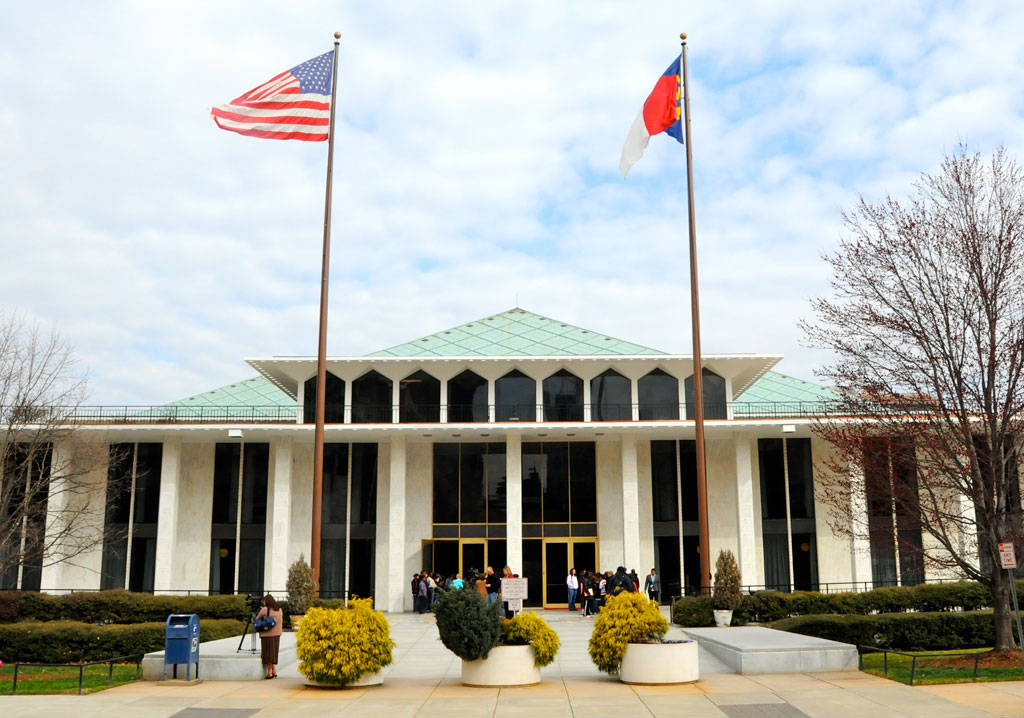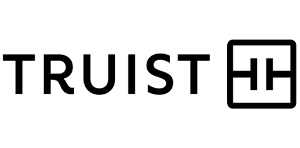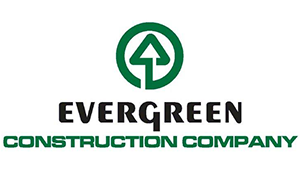Federal Update
Affordable Housing Programs Receive Increased Funding in Final FY19 Spending Deal
Congress and the White House reached a final deal to fund the federal government for the remainder of FY19 that was signed into law on February 15. Compared to FY18, the negotiated package increases funding for tenant-based rental assistance, public housing, project-based rental assistance, and homeless assistance grants. The bill also provides enough funding to renew all contracts for Section 811 Housing for Persons with Disabilities and Section 202 Housing for the Elderly. The HOME Investment Partnerships program received a slight reduction. For more information, see NLIHC or Enterprise.
FHA Expands Pilot Program to Accelerate Financing of LIHTC Projects
HUD has announced the expansion of a pilot program that streamlines Federal Housing Administration (FHA) mortgage insurance applications for affordable housing developments that have equity from Housing Credits. FHA is expanding this pilot to include new construction and substantial rehabilitation under its Section 221(d)(4) and Section 220 Programs. The program is intended to ensure faster and more efficient processing for low-risk, Housing Credit transactions by eliminating redundant reviews.
Support Letter for Section 4 Capacity Building and Affordable Housing Program
Enterprise, the Local Initiatives Support Corporation and Habitat for Humanity are circulating a nationwide sign-on letter urging Congress to provide at least $40 million for Section 4 Capacity Building and Affordable Housing Program for Fiscal Year (FY) 2020. The letter notes that the program has been funded at $35 million since FY 2012, but the demand for affordable housing and small business investments in low income communities continues to grow. A modest $5 million increase in Section 4 will help local nonprofits address the growing needs of the communities they serve.
State Update
DHHS Seeks Stakeholder Engagement on Innovative Healthy Opportunities Pilots
The North Carolina Department of Health and Human Services released a policy paper and a Request for Information (RFI) to invite feedback on the Healthy Opportunities Pilots — a groundbreaking program that will test and evaluate the impact of integrating evidence-based, non-medical services into the delivery of health care. The Centers for Medicare and Medicaid Services authorized up to $650 million in state and federal funding for North Carolina to operate the Pilots. The Pilots will operate in two to four geographical areas of the state within the Medicaid managed care program. The Pilots will cover the cost of approved services related to housing, food, transportation and interpersonal safety that directly impact people’s health outcomes and health care costs. Responses to the Healthy Opportunities Pilots RFI are due on March 15, 2019 and can be sent to deidra.jones@dhhs.nc.gov. Learn more about statewide Healthy Opportunities initiatives, and view the full press release.
Disability Rights Releases Report on Impact of Disasters on People with Disabilities
A report issued today by Disability Rights North Carolina (DRNC) provides strong evidence that federal, state and local emergency management officials must take action to ensure the well-being of people with disabilities during natural disasters. Analyzing the response to Hurricane Florence, the report shows how public officials must do more to include the voices of people with disabilities and disability rights advocates as they plan for future emergencies and ensure their safety. Read the full report.
Local Update
Here’s what a $95 million affordable housing bond would pay for in Durham
If Durham voters pass a $95 million bond referendum in November, the city wants to fund several affordable housing plans in the next five years. If they don’t, city leaders say, some plans will still happen but at a much slower pace. The biggest project will be the redevelopment of multiple public housing sites downtown into mixed-income, mixed-use developments. If the bond passes, over the next five years, Oldham Towers, Liberty Street Apartments and Forest Hills Heights will be redeveloped, said Durham Housing Authority CEO Anthony Scott. The DHA office on East Main Street near Oldham Towers is also part of the plan.
Community Land Trusts in NC March Housing Hangout
UNC Greensboro’s Center for Housing and Community Studies March Hangout will focus on community land banks. Across the United States, communities are undergoing drastic changes. Communities are often left with the unenviable decision of “gentrify or decline.” Attendees will hear from the Durham Community Land Trustees – who have been equitably revitalizing neighborhoods across Durham; the City of Asheville’s current efforts to develop the Asheville-Buncombe Community Land Trust; finally, the Greater Glenwood Neighborhood Association will discuss how the following models could work for Greensboro. Learn more and register.
City and Local Agency Team Up for ‘#100Homes’ Campaign
The “#100Homes” campaign is a partnership between Greensboro’s Neighborhood Development Department and Housing Consultants Group (HCG). The campaign’s goals are to convert Greensboro renters to homebuyers, to rebuild east Greensboro almost a year after a tornado cut a destructive swath through that part of the city, and to promote affordable homeownership city-wide. The campaign includes folks who purchase with or without help from the City’s redesigned down payment and closing cost assistance program (DPI). HCG is working with local realtors and lenders to track Greensboro homes that are available, shown to potential buyers, and purchased.
UNC-Chapel Hill School of Government Community Development Academy
March 12-14 and April 2-4, 2019
This six-day course covers the concepts, methods, and strategies of community economic development. The course provides community development practitioners with significant perspective and practical skills surrounding community development in North Carolina. In addition to School of Government faculty, participants will hear from state agency staff, federal grant administrators, nonprofit leaders, and other community development practitioners.
Program Topics:
- neighborhood and downtown revitalization
- community development finance
- affordable housing strategies and tools
- role of economic development
- CDBG and related grant programs
- environmental finance
- visioning and citizen participation
- tools for group decision-making
- purchasing and contracting
- measuring success
Scholarships: The Local Government Federal Credit Union (LGFCU) offers scholarships for School of Government courses. For more details and application deadlines, visit https://www.lgfcu.org/benefits-and-services/scholarships/sog-scholarship
Registration: To register online and view program details, visit http://www.sog.unc.edu/courses/community-development-academy
Faculty Coordinator: Tyler Mulligan, Professor of Public Law and Government








